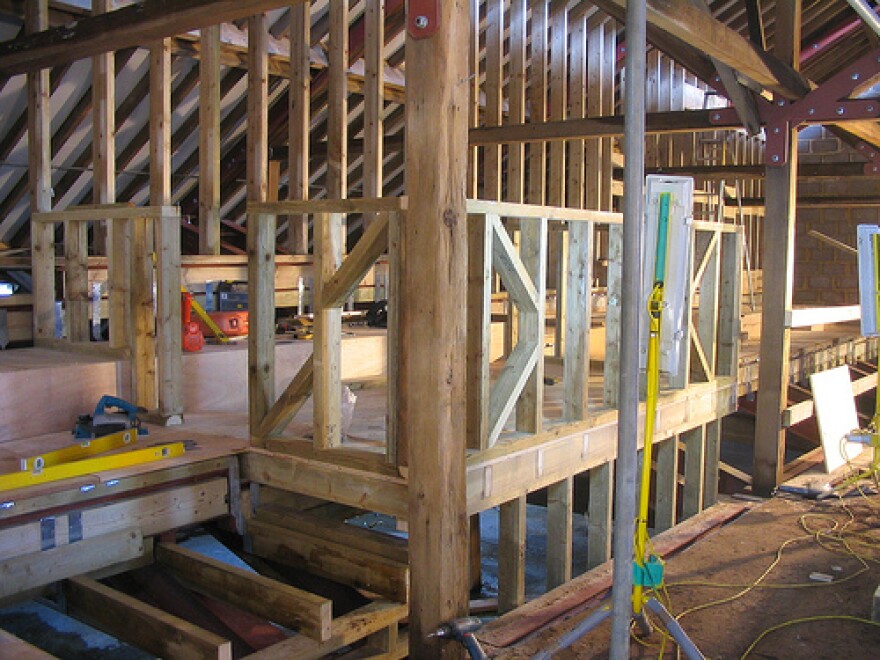This November, Austinites are being asked to approve a $65 million affordable housing bond. The money would go toward building and renovating affordable housing projects; purchasing land to build affordable housing on; and funding of ongoing affordable housing initiatives. You can .
But it was just one year ago that voters .
With that recent loss, some have asked whether issuing tax-supported municipal bonds is the best way to fund affordability in Austin.
Dan Keshet . While he says he may ultimately vote for the bond, he says bonds are the wrong approach to affordable housing. He argues that city-issued bonds work more slowly and less powerfully than private developers could with respect to building more housing �� but only if city policies changed. “And that means a greater willingness to allow greater heights, greater density,�� Keshet says.
With tweaked zoning and development rules, Keshet argues the city could create a bigger supply of housing, which in turn could help to bring down rents �� creating a more affordable market overall.
But changing city policies is sometimes a long and difficult process. That’s why the �� one of the bond’s largest advocates �� supports both longer-term policy changes, but also short-term initiatives like the bonds. “All of these things go into moving the needle on poverty and this is one of those many pieces,�� says chamber vice-president Jeremy Martin.
That’s what supporters of the affordable housing movement are telling anyone who’s willing to listen �� that the bond would move the needle in the right direction.
Walter Moreau oversees , one of Austin’s most successful affordable housing providers. When KUT , he said there’s more the city could do to incentivize affordable housing �� but city dollars are still a necessity.
“I think we can do a lot through the land development code, through zoning, through density bonuses, through other policy-oriented things,�� he said. “But we also are going to have to come up with capital funding, especially to serve the lowest-income folks. Otherwise, they’ll be priced out of Austin, and I think that hurts us a community.��
through Nov. 1.





